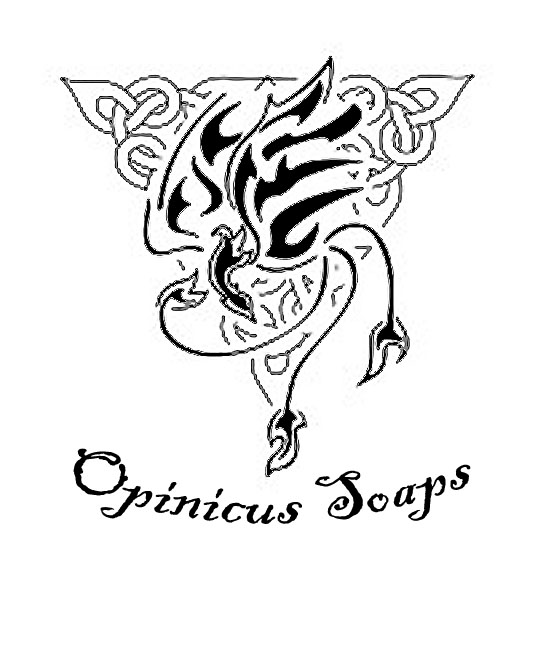



Q: You use Palm Oil in some of your products, isn't this an environmental and social problem?
A: In keeping with the social & environmental responsibility goals of our company founders, our suppliers of Palm Oil are members of the Roundtable on Sustainable Palm Oil. We use only palm oil that is made in a sustainable manner. Our current supplier also provides only fair-trade, organic & sustainable palm oil. We are also working on offering a line of no palm oil products for those who still do not wish to have it in their soap & body products.
Q: Does all soap contain lye?
A: No. A well-made, superfatted soap does not contain lye (sodium hydroxide).
Lye, the alkali, sodium hydroxide, is used in the manufacturing of soap. It is necessary to use a this as a reagent during saponification (the chemical reaction that changes fats and oils into soap and glycerin) When saponification is complete, however, you are left only with soap, glycerin and some moisturizing superfat.
Q: What is saponification?
A: Saponification is the name given to the chemical reaction that occurs when a vegetable oil or animal fat is mixed with a strong alkali.
The products of the reaction are two: soap and glycerin. Water is also present, but it does not enter into the chemical reaction. The water is only a vehicle for the alkali, which is otherwise a dry powder.
Q: Why are different oils and fats used in soap making?
A: The oils used are carefully chosen by the soap maker for the character they give to the soap.
Some examples: Coconut oil makes lots of glycerin and makes big bubbly lather. Olive oil has antioxidants and makes a creamier moisturizing lather. Tallow, or rendered beef fat, makes a white bar that is firm and creates abundant lather.
Many oils can be used, each one for a specific effect.
FAQs
Opinicus Soaps
Organic, Natural & 100% Handmade since 2006
